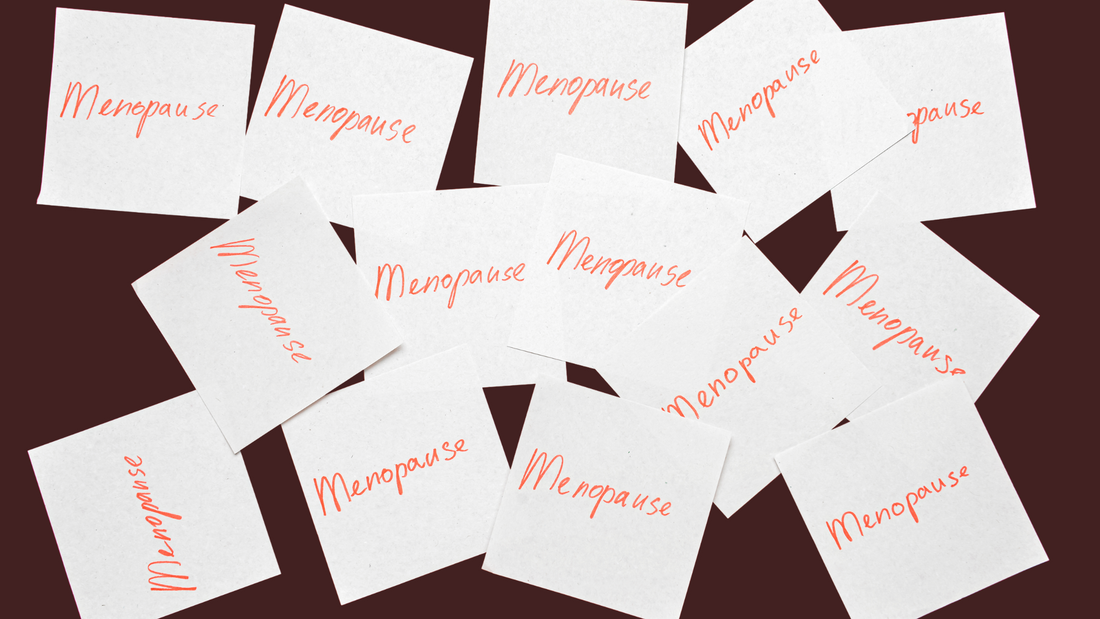Menopause eventually affects every individual who experiences a period. While sometimes it's looked at as a bad thing or a sign that “you're getting old”, it should be viewed as a natural process and simply a sign that your body is changing once again. For many people, menopause comes with positive side effects.
What is menopause and when does it start?
Menopause is the point in an individual's life when they have not experienced a menstrual cycle in twelve months. It typically begins between the ages of 45 and 55. Menopause can begin immediately if an individual undergoes chemotherapy or an oophorectomy.
During menopause your estrogen levels drop which is why you no longer experience a cycle or can get pregnant. This change in hormones is also why you experience symptoms like hot flashes and weight gain during menopause.
Many people assume that once you begin menopause, it's a state you're in for life. Menopause can last anywhere between seven to fourteen years. When it's over it's a sign that your body has learned how to function with low hormone levels. When you finish menopause your symptoms will subside and in many cases stop altogether.
How will I know I’ve begun menopause?
In most cases, your doctor will determine if you have entered menopause based on the date of your last menstrual cycle, your age, and the symptoms you are experiencing. While it's not required, your healthcare provider can run a blood or urine test to evaluate the levels of hormones in your body and make a diagnosis from that.
What are the symptoms of menopause?
There are a couple of categories of menopausal symptoms; Perimenopausal (pre-menopause), during menopause, and postmenopausal.
Perimenopausal l symptoms are indicators that you will soon begin menopause. These are symptoms that you and your healthcare provider will discuss to determine if you have entered menopause. Perimenopausal symptoms include:
- A change in your normal period cycle
- Hot flashes
- Trouble falling asleep and staying asleep
- Mood changes
- Bladder issues
- Changes in sexual function
Symptoms that you experience before menopause begins, are likely to carry over when you begin menopause. These symptoms can include
- Hair loss or thinning
- Headaches and migraines
- Increase in facial hair
- Joint stiffness, aches, and pain
- Night sweats
- Recurring UTIs
Postmenopausal symptoms usually include the same symptoms from perimenopausal and menopause but at a lower frequency and severity.
Do I still need to buy period products?
It depends! Many people still experience light bleeding from time to time during menopause (especially during the first year). So it’s a good idea to keep pads, panty liners, and period underwear on hand for unexpected bleeding.
It's also reported many people begin experiencing incontinence during menopause. So alongside being prepared for unexpected bleeding, it's a good idea to keep these products on hand to combat incontinence if you experience it.

